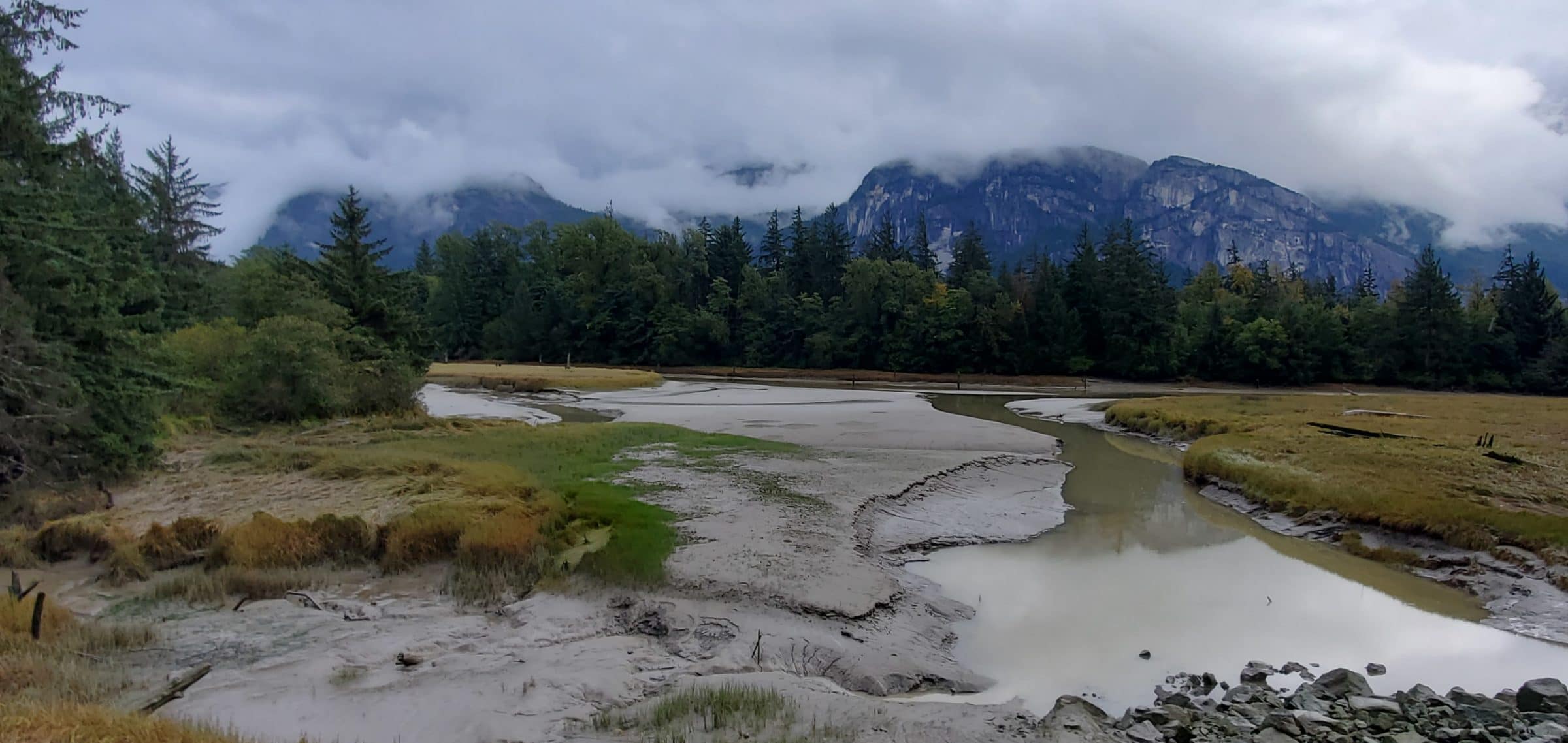The Challenge
The Squamish River estuary today is only able to support a fraction of the hundreds of thousands of young salmon that rely on it yearly, largely due to the Squamish Training Berm, which was built in 1971 and designed to redirect the river to facilitate industrial development. The Berm cut right through Skwelwil’em, a Skwxkwú7mesh Úxwumixw (Squamish Nation) village site, and alienated the river from its estuary, thus devastating salmon runs and severely compromising the vital ecological function of the estuary.
The Squamish River Watershed Society tasked Yulu with increasing community awareness and advocacy for a project that will reconnect the river and the estuary: an act of reconciliation for the Skwxkwú7mesh Úxwumixw, the original stewards and knowledge-keepers of this land, and the wildlife that has thrived here in the past.
The Strategy
Using insights gained from a thoughtful discovery session, stakeholder interviews with key community leaders, rightsholders and stakeholders, and rigorous research, Yulu devised a bold strategy designed to connect the Squamish community with this vital habitat restoration project.
This included a carefully considered rebranding, on the ground community outreach, a new project website and a creative media engagement plan to guide community members from a place of passive awareness to one of informed active support. Face-to-face community engagement was accomplished through an open house, where Yulu helped facilitate open dialogue on the issue and gain support for the project. The open house drew more than 50 attendees, its largest draw to date.
The Results & Impact
Together, Yulu and the Squamish River Watershed Society connected with the community to develop a sense of shared pride about the salmon habitat restoration project. Through this strategic work, important rightsholders and stakeholders can now articulate the value of this project to the community, and trust in this significant opportunity to right historical wrongs, and reclaim Skwelwil’em and the Squamish River estuary for the at-risk Chinook salmon that need our help to survive, and the vast network of species and people that rely on the estuary for shelter, food and a sacred way of life.


